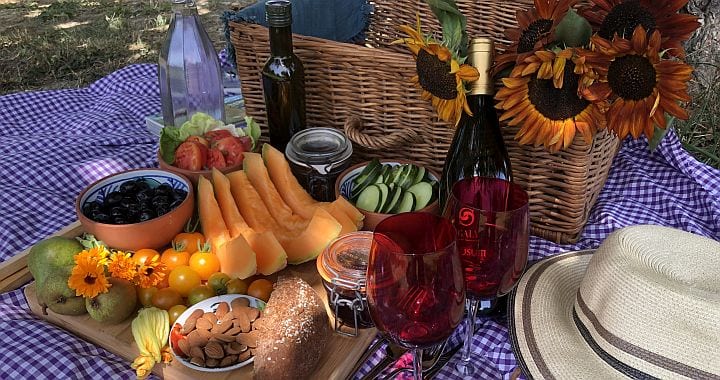
What is Zero Waste?
‘Zero Waste’ living is a very helpful idea which is about waste prevention as much as recycling and has been around since the 1990’s. The ultimate goal is that the world becomes a waste free system with no rubbish emptied into incinerators, landfill or our water systems. This goal may seem unrealistic but it is essential if we are to reduce our impact on Earth before our world becomes unsustainable.
The growth of zero waste retailers
Concerns about the impact of plastics, particularly in our oceans has fuelled a growing wave of new retail outlets and mobile shops dedicated to helping us adopt zero waste living. There are some great independent pioneers setting up zero waste outlets like our some of our customers Lesser Litter in Taunton, Somerset, Zero Waste Pantry in Wrington near Bristol and Earth Food Love in Totnes in Devon. Pebble Magazine has listed over 90 zero waste stores so look here for ones near you. There is also a great website called Zero Waste Near Me which is a growing directory of zero waste shops across the country. See what you can find in your area here
Reduce, Reuse, Recycle, Recover

Recycling rates in the UK have increased from just over 40% of household waste in 2010 to 45% in 2017 but levelled out last year. The UK produces around 27 million tonnes of waste annually so reducing this level would be good news, especially if overall recycling rates don’t improve in the next few years.
This is why zero waste has a pyramid of action to reduce waste (or the 4 R’s):
- Reduce
- Reuse
- Recycle
- Recover and landfill
Reducing our waste is the most important of all and this means buying less and only what you need. Our food waste mountain is around 7 million tonnes a year (estimated by WRAP for the UK in 2015) and we all have a part to play in reducing this total. Buying from zero waste stores also encourages us to eat a healthy diet reducing processed foods and increasing plant based ingredients as well as supporting the local economy. Aim for organic, reusable, non toxic and renewable products and packaging.
Reducing plastic
In the UK, packaging waste recycling and recovery rates averaged around 70% in 2017 but plastic was much lower at 46% (Government statistics). This means it is particularly important to reduce our use of plastic and move towards zero waste living. Investing in reusable cups and straws, storage jars and cotton or linen shopping bags all help to reduce our reliance on plastic. Buying unwrapped vegetables & fruit and looking for bottles made from biopolymer rather than conventional plastic for laundry, household and personal care all contribute towards zero waste. It is often more economic to buy more concentrated products in larger sizes that you use regularly. You can then decant laundry liquid, for example, into a biopolymer bottle for the best reuse option.

Landfill needs to be avoided at all costs. Landfill sites are ugly and dangerous and because waste takes so long to break down they are a problem for future generations. When packaging and waste end up in landfill many toxins are leached into the soil and then pass into our waterways. Electronic waste is a good example. Waste such as tv’s, and computers contain a long list of hazardous substances, including mercury, arsenic, cadmium, PVC, solvents, acids and lead. As liquids leach out from bottles many toxic household chemicals find their way into our soils and rivers too. If biodegradable matter such as food and green waste is put in landfill, it is usually compacted down and covered. The loss of oxygen means that eventually methane is released, a greenhouse gas that is 25 times more potent than carbon dioxide. The implications for global warming and climate change are enormous.
Composting your food scraps and green waste in a compost bin eliminates many of these problems. Either set up a system in your garden or use the brown bin from your local authority.
Plan a zero waste picnic!

August is a lovely time of year to plan a picnic. Avoid the crowds and maybe choose a local park or woodland or even your garden if you have one. Make your zero waste picnic really charming and rustic.
Be creative and look for used hampers and picnic baskets made from wicker or other natural materials and then fill them with vintage cups and plates. Find attractive washable napkins or make your own rather than using throwaway kitchen roll. Take reusable picnic rugs to sit on and prepare the feast yourself rather than relying on processed packaged food. Make sure you look in fridge first and use up leftovers before heading out to the shops.
Things don’t have to be complicated! Take whole fruit and veggies (you could put them in linen bento bags) or chop and layer them in jars. Pack dips like hummus with olives with bread sticks and for those who are not vegan include cheeses and cold meat (as long as it’s not too hot). Home cooked tray bakes are great cut into slices but avoid chocolate as it melts! Drinks can be easily transported in reusable bottles anything from water to champagne depending on your mood.
The best thing about a zero waste picnic is that you are already ahead for the next one!


